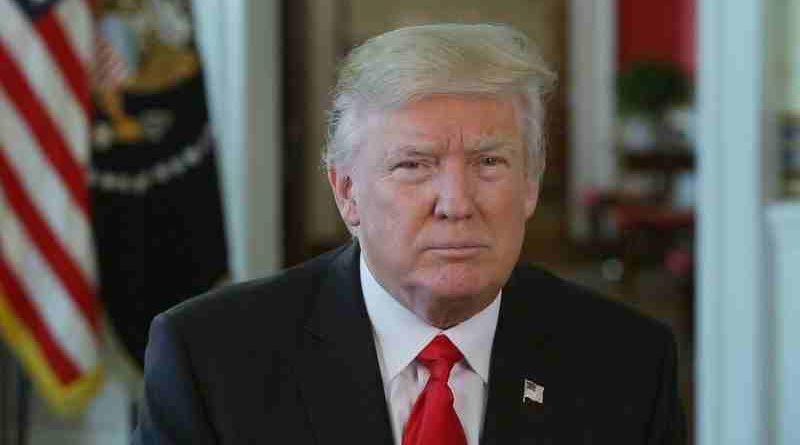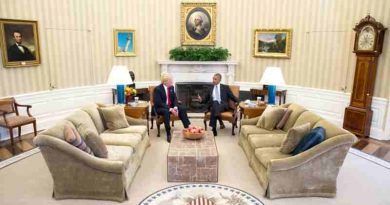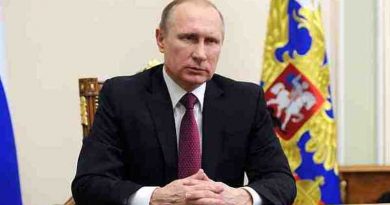Federal Appeals Court Delivers Major Setback to Trump’s Tariff Policies

Federal Appeals Court Delivers Major Setback to Trump’s Tariff Policies
This ruling comes amid ongoing debates over executive power in trade policy and could reshape U.S. international relations, following years of market volatility caused by the tariffs.
By RMN News Service
August 31, 2025
Washington, D.C. – In a landmark ruling on August 30, 2025, the U.S. Court of Appeals for the Federal Circuit blocked the majority of tariffs imposed by President Donald Trump, declaring that he exceeded his authority under the International Emergency Economic Powers Act (IEEPA).
The decision, issued by a three-judge panel, affirmed lower court rulings and emphasized that the president cannot use emergency powers to impose broad tariffs, as that authority rests with Congress.
The court’s opinion stated that IEEPA allows the president to address “exceptional and extraordinary threats” through economic sanctions but does not extend to unlimited tariffs or taxes.
This invalidates tariffs on countries like Canada, Mexico, and China, including “reciprocal” duties aimed at nations with trade surpluses. Trump had invoked the 1977 law by declaring a national emergency over U.S. trade deficits and issues like illegal fentanyl flows, arguing it permitted regulation of imports via tariffs—an interpretation the judges rejected as granting “unbounded authority.”
[ Also Read: International Anti-Corruption Court: A Noble Idea Stalled by Bureaucratic Inertia ]
The lawsuits originated from five small U.S. businesses and a group of 12 Democratic-led states, who argued that long-standing trade deficits did not qualify as an immediate emergency justifying such actions. An earlier ruling by the U.S. Court of International Trade in May had similarly found the tariffs unconstitutional.
President Trump swiftly condemned the verdict on his Truth Social platform, calling it a “total disaster for the Country” and warning that it could “literally destroy the United States of America.” He labeled the appeals court “Highly Partisan” and expressed confidence that the Supreme Court would overturn the decision. A senior White House adviser reportedly described the ruling as a “judicial coup,” while spokesman Kush Desai stated that the tariffs remain in effect pending further appeals.
The White House has already appealed the decision, with the case expected to reach the U.S. Supreme Court. The appeals court stayed its ruling until October 14, allowing time for the administration to pursue reversal. Notably, certain Trump-era tariffs on steel, aluminum, and automobiles remain intact, as they were enacted through a separate Commerce Department process rather than IEEPA.
This ruling comes amid ongoing debates over executive power in trade policy and could reshape U.S. international relations, following years of market volatility caused by the tariffs.
💛 Support Independent Journalism
If you find RMN News useful, please consider supporting us.




